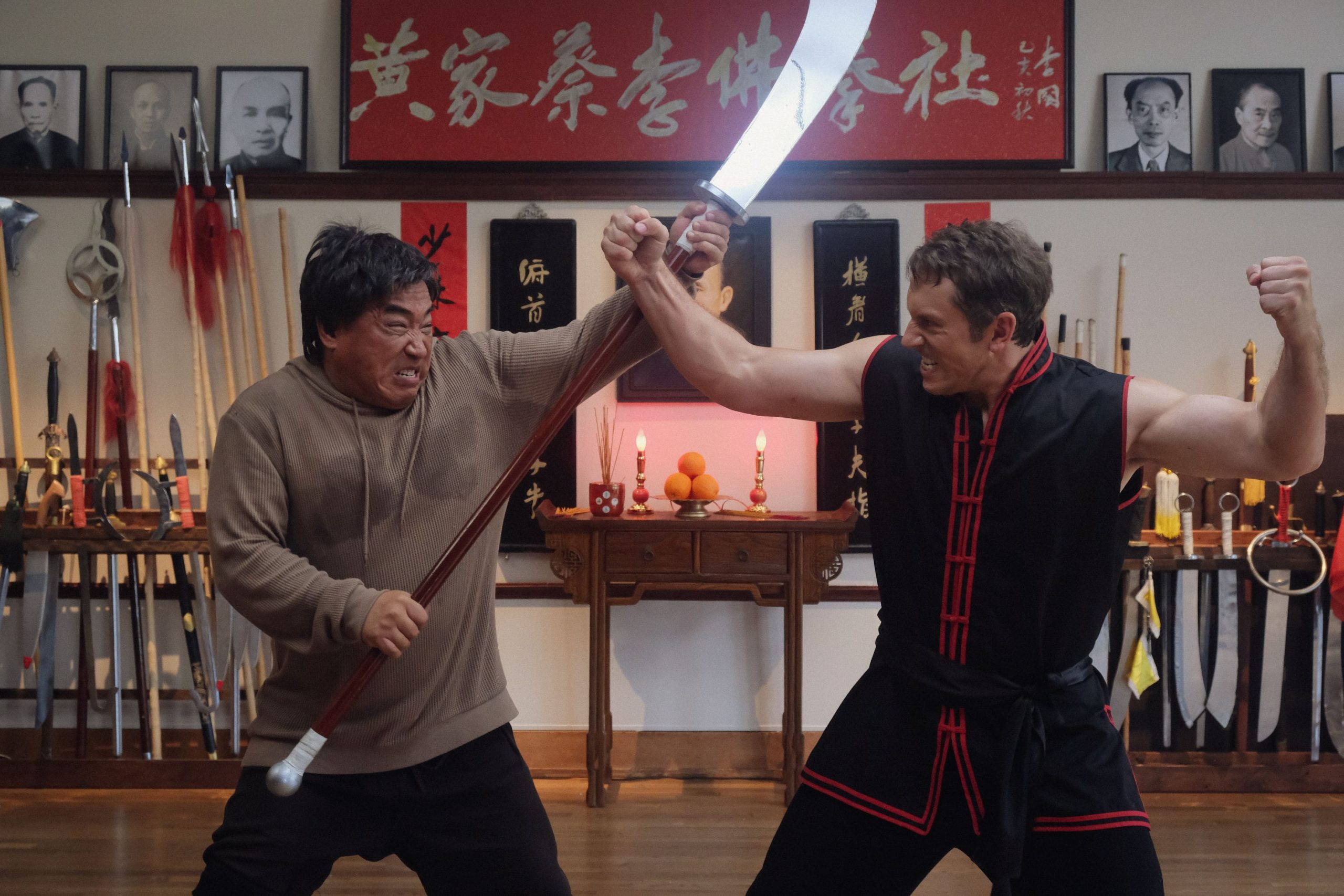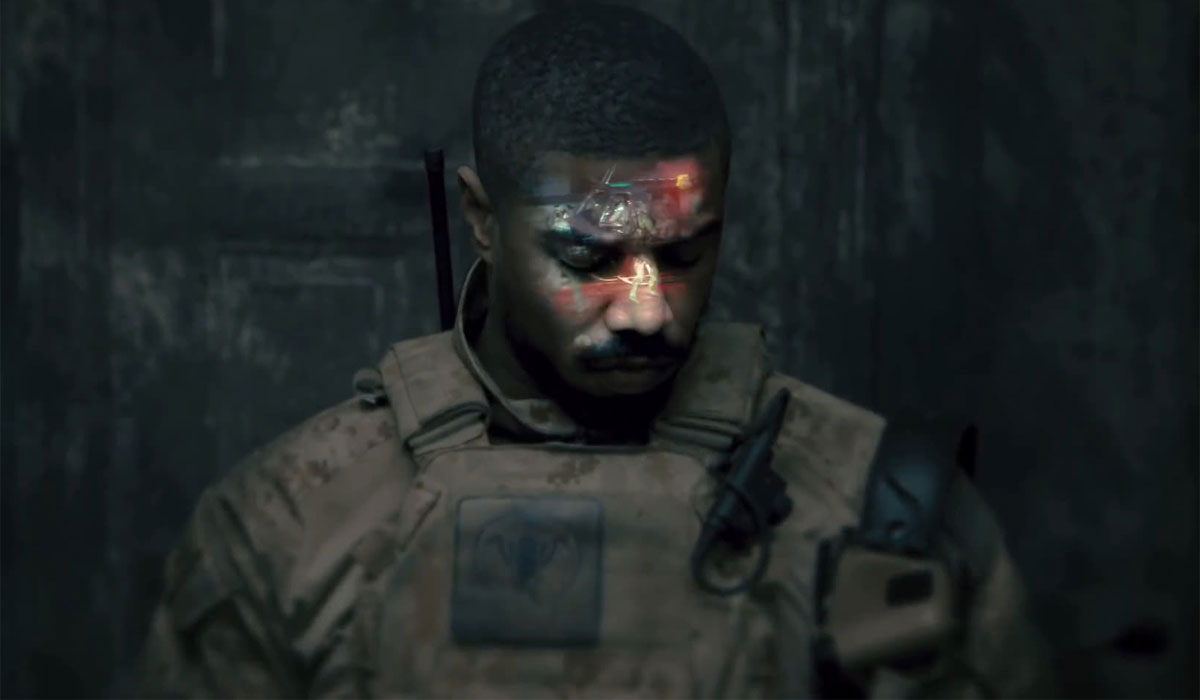The Oak Room
by Hope Madden
There’s nothing as immediately cool and comforting as a boozy hillbilly noir. The haunting soundtrack choices, shadowy basement barrooms, isolating cushion of all those trees—it’s a tall tale of blood, beer and backstabbing just waiting to happen.
That’s just what director Cody Calahan serves up from the opening strains of The Oak Room, a stylish little thriller. It may be a bit too wordy, but it repays you for your patience.
There’s a story within a story within a story on this blustery night in smalltown Canada as ne’er do well Steve (RJ Mitte, Breaking Bad) dares to show his face at closing time. He’s been gone a long time and bartender Paul (Peter Outerbridge) is none too happy to see him. There’s a score to settle here, a debt owed, and Steve has until midnight to take care of it.
First, though, Steve wants to tell Paul a story.
Over the next 90 minutes, Calahan weaves from near-midnight at Paul’s bar to Steve’s story and back, giving a lovely cinematic quality to the power of storytelling inherent in Peter Genoway’s script. There is something hypnotic in the way the night progresses, and in the way phrases and ideas repeat across different decades and different tales.
Outerbridge is particularly effective, but every actor remains true to the style the filmmaker develops. Genoway’s script gets away from him at times, especially in the first half of the film, giving certain scenes the feel of filler. A leaner script would have benefitted the overall project. As it is, there are conversations in the first half of the film that come close to breaking the spell Calahan casts.
The filmmaker deploys other tactics to keep you engaged, though. The Oak Room glories in its sound design, whether the creak of mop bucket wheels across a wooden bar floor, the swing of a metal trashcan lid, or the hush of the wind outside the window where snow deepens. Steph Copeland’s score—a mixture of Kabuki-style drums and Appalachian strings—foretells of violence and misery.
Calahan also develops a fun dose of dread as midnight nears and tales—both present and past—take sinister turns. It’s all good fun, though, right? Just a couple of guys passing the time until debts are to be paid.













